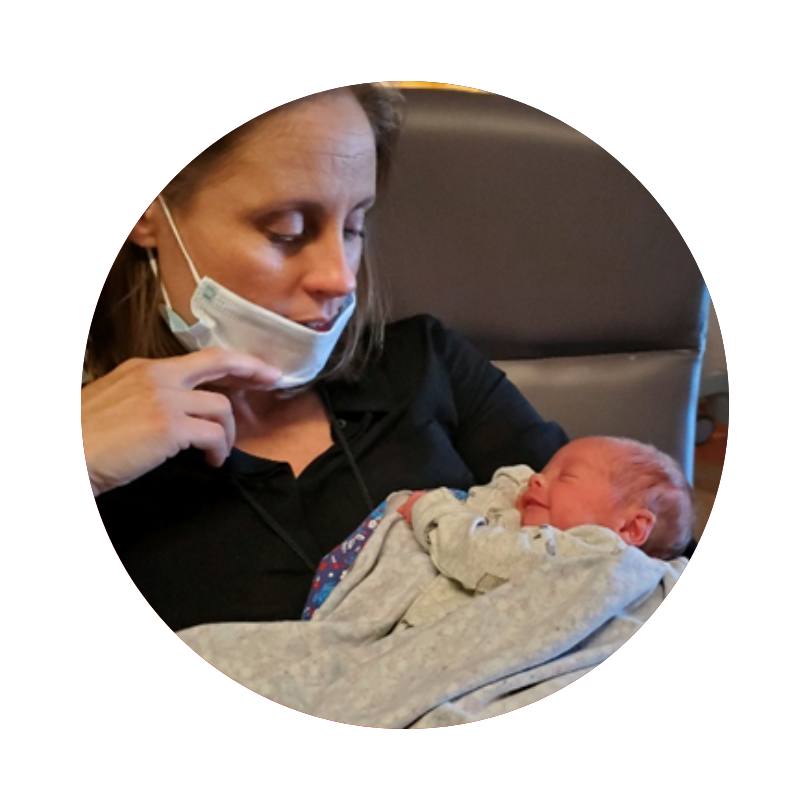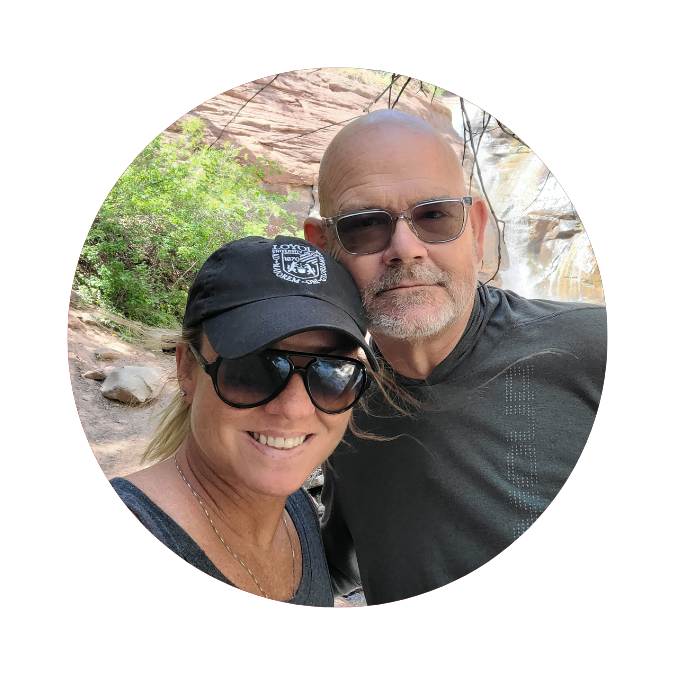
Patient stories of healing and gratitude
At St. Joseph's Hospital and Medical Center, a diverse group of donors supports our ministry through a variety of ways—annual donations, grants, planned and estate gifts, and by attending events. We, and the patients we serve, are forever grateful. Here are a few of their stories. For even more stories, check out our St. Joseph's Magazine archives.

Collegiate softball player is back in the game
Arcadia High School graduate, Ari Abalos, was experiencing unusual pain in her right shoulder, and was later diagnosed with Thoracic Outlet Syndrome — a relatively rare condition becoming more common now among MLB pitchers. Dr. Samad Hashimi, a thoracic surgeon at Norton Thoracic Institute, restored Ari’s throwing arm after a successful operation, helping her lead the PSU Vikings to the Big Sky Conference championship and a berth in the NCAA tournament. Read more here.

A St. Joseph’s first: Kidney transplant patient gives birth
This Mother’s Day was a very special one for Rachel Retegan of Cornville, Ariz., St. Joseph’s first patient to deliver a baby at the hospital after undergoing a kidney transplant. Rachel, 34, was was diagnosed with kidney disease related to hypertension following a routine exam and lab results. She relied on dialysis for a number of years and then received the gift of life with a kidney transplant at St. Joseph’s in 2019. Now, she couldn’t be more grateful for the care she received to save her life and bring Ava into the world.
“The team at St. Joseph’s—from the transplant professionals to the nursery ICU specialists—is absolutely incredible!” Read more here.

Mike Spradlin organizes first annual 'Breath Day' golf tournament
Lung transplant recipient Mike Spradlin and his partner Sara Martz were so grateful for the care he received from the Norton Thoracic Institute that they organized the first annual 'Breath Day' golf tournament one year after Mike’s operation to raise money to offset costs for other patients undergoing the same procedure in the future. The tournament, hosted in Fruita, Colo., raised nearly $25,000 by bringing the couple’s family and friends together for golf and barbecue favorites. Read their story here.